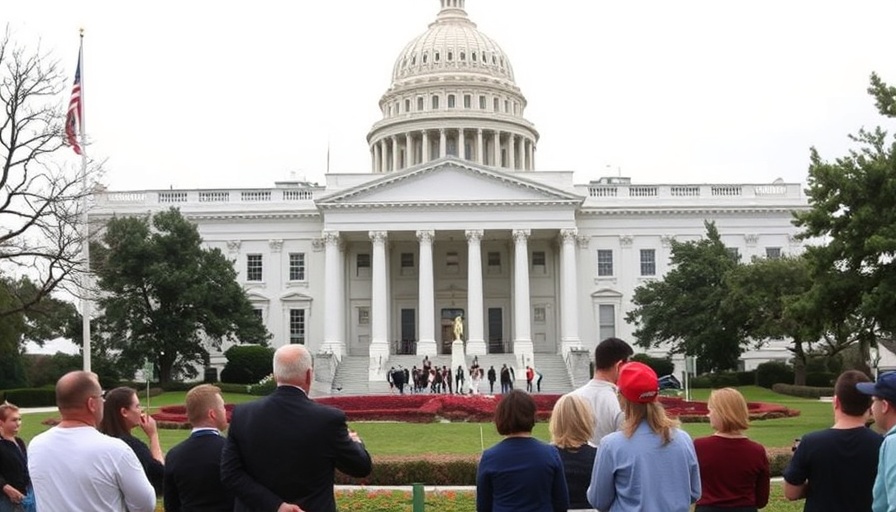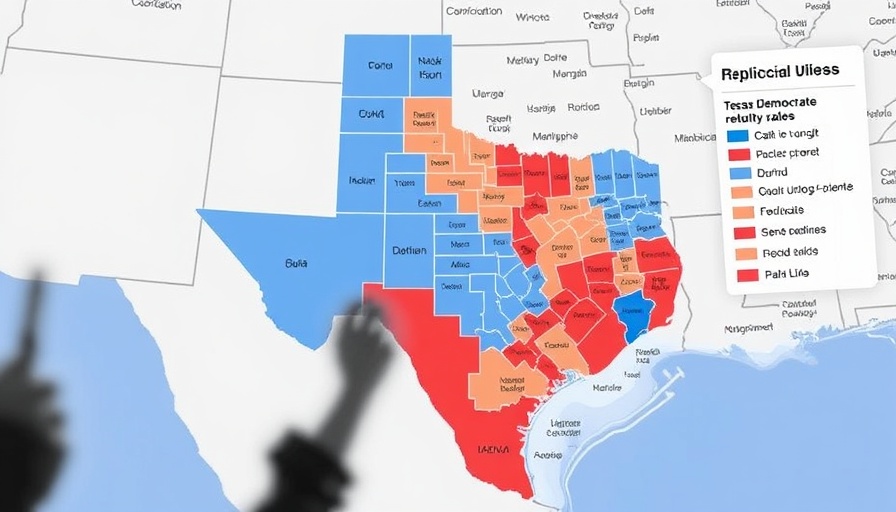
Trump's Order: A Shift in Educational Power
On a momentous day for education policy, President Trump signed an executive order aimed at dismantling the Department of Education. This controversial move seeks to transfer control over educational programs back to individual states, resulting in uncertain implications for federal funding and educational standards across the nation, particularly in Texas.
Possible Constitutional Implications
The executive order raises flags of constitutionality. It is widely understood that dismantling a federal agency requires Congressional action, posing a complex legal landscape for Trump's decision. Experts suggest that while the executive order sets the stage for change, without legislative support, a court might ultimately strike it down.
The Role of the Texas Education Agency
If the Department of Education is eliminated, questions loom regarding the management of educational funding previously administered at the federal level. Texas, through its Education Agency (TEA), would face significant decisions on which federal programs to retain and how to allocate existing resources efficiently.
Impact on Title I Funding
One major concern involves Title I funding, which supports schools serving low-income students and is a critical financial lifeline for districts across Texas. In areas like Dallas and Fort Worth, many schools rely on this funding to meet enhanced educational standards and student performance requirements. How will these funds be managed if federal oversight is curtailed?
Echoes of Texas Education Policy History
Texas has long influenced educational policy at the federal level, exemplified by the No Child Left Behind Act, initially expanded under President George W. Bush's administration. Experts believe this local initiative paved the way for greater accountability and performance metrics in public education. Should these standards falter, the ramifications could profoundly affect vulnerable student populations.
Community Perspectives
Local leaders and educators echo a shared concern regarding potential fallout from this executive order. Anne Wicks from the George W. Bush Presidential Center stated, "We can really see what’s happening for every kid in this country. It’s a way for us to know if our public system is serving every kid who’s showing up in a public school." The ability to maintain visibility into educational performance is paramount for securing the future of education in Texas.
Looking Forward: Uncertainty Ahead
As Texas lawmakers evaluate their strategies, they must grapple with the potential implications of Trump's order. With many programs tied to federal funding in jeopardy, the state must establish a framework for managing educational standards independently. The challenge lies in ensuring that the educational needs of low-income families and students continue to be prioritized even amid a shake-up in funding and governance.
Conclusion
In summary, Trump's executive order signifies a pivotal change in how education is approached at both state and federal levels. As the potential legal battles loom and discussions about funding strategies intensify, one thing remains clear: the education landscape in Texas is on the verge of profound transformation.
 Add Row
Add Row  Add
Add 




Write A Comment